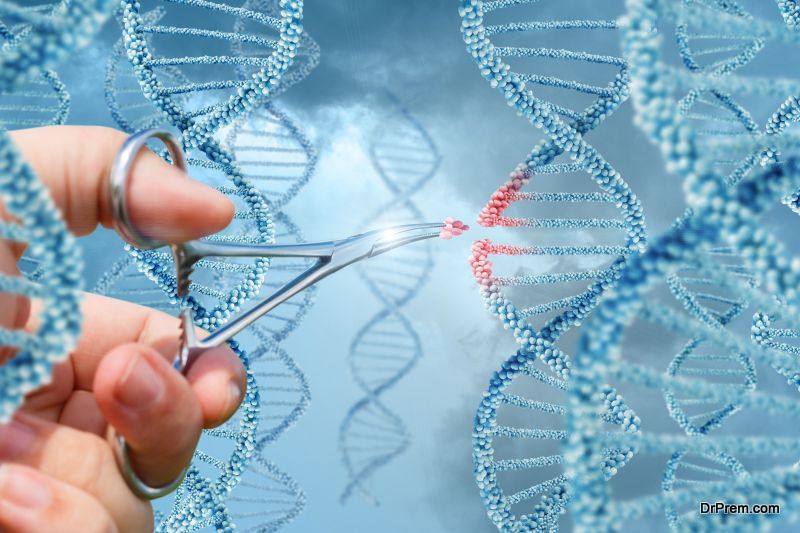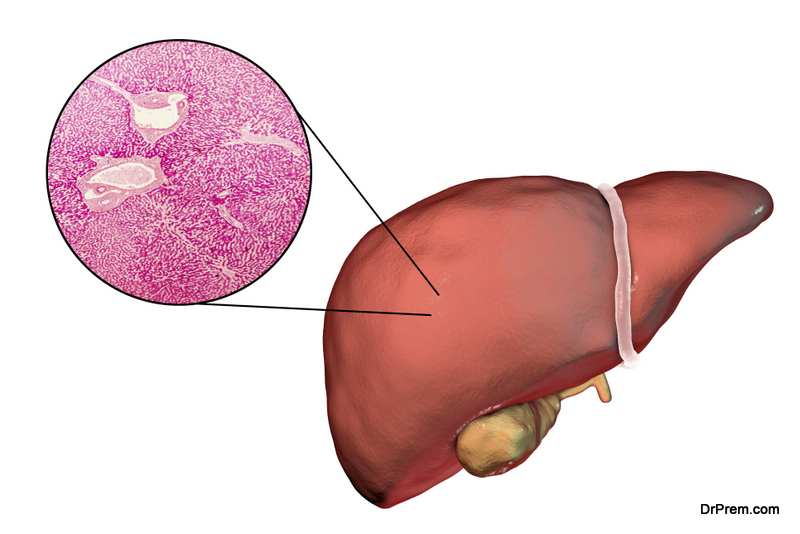Gene editing – the process of editing the human embryo can lead to designer babies in the future. Imagine having the perfect baby, with brains, looks, and no chance of inheriting any genetic diseases. The technology is already here. If there were no ethical issues, many competitive parents would definitely tweak the embryos to give their child the edge over others. Different combinations of a couple’s genes would give rise to designer babies through gene editing. Healthy children through gene editing, on the other hand, is definitely a boon for those families plagued by inherited diseases.
The science behind gene editing
Gene editing for preventing inherited medical conditions, is set to transform biological research, leading to the development of new treatments for people who are suffering from life-threatening conditions. Through gene testing, people can now find out more about inherited conditions, and how to prevent or treat them. This is especially helpful in the gene testing of embryos when there is a family history of dangerous diseases. If an embryo is found to have the chance of inheriting a disease which would make his/her life unbearable, a couple can decide whether or not to go ahead with the pregnancy.
But the technology that will allow the scientists to perform such a feat is not there yet. However, if scientists are successful in their quest to ‘edit’ and safely pass down alterations in genetic code to the next generation/s, it would be possible to have healthy children through gene editing.
Gene editing for preventing inherited medical conditions is basically like cut-paste software, scientists can turn genes on and off, modify or repair them, within living cells. There are some older methods to do this, but one method by the name of CRISPR-Cas9, is much cheaper, faster and simpler, so that it is spurring on research in an extremely fast paced manner.
Possible benefits of gene editing
Many parents who act as ‘carriers’ of heart diseases and other life-altering diseases sometimes decide not to have children in order to prevent their offspring from suffering from a major disease. Gene editing can give these parents the joy of having a child. It can prevent a lot of heartbreak, as is the case now, when parents find out only after birth that their child has some almost untreatable genetic disease.
Government policy
“Germline” editing might be attempted only under strict rules. It should only be conducted under supervision in order to treat serious diseases that have no other alternative. Bioethicists are of the opinion that although caution is required, it does not mean that this line of research should be prohibited.
The US, China and Britain are in the process of creating internationally accepted norms for the responsible development of gene editing. Governments are trying to set policies so that this technology, which has such tremendous promise, is carried out for the well-being of all, and in a respectful and fair manner. Public opinion right now would also decide how the technology would be used in the future. The public have to express their opinion as to what would be acceptable and unacceptable, and work with the governments of their respective countries.
The ethical question
Ethically, gene editing should not be treated as a technology to create “designer babies”. It should only be used to heal the sick or to prevent inherited diseases from being passed down to children. In order that we do not see designer babies through gene editing in the future, we should also get involved in the debate now.
The debate is on, parents and doctors will have to make decisions that will affect the lives of all their descendants. Designer babies would be expensive and only the rich would probably be able to afford them. In this scenario, how would children who are born in economically backward families compete with children who have every advantage in life – health, brains and looks?
Gene editing may give rise to permanent genetic disparity and we can only hope that it does not become a tool for the rich or those who want to see the rise of a breed of superhumans.








